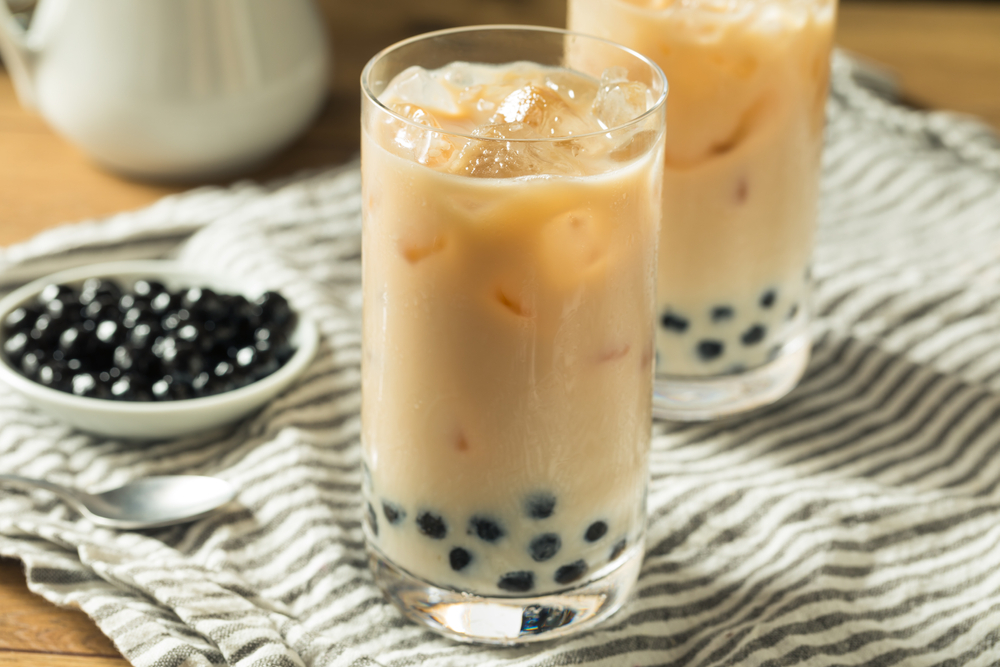Demand for milk tea has been on the rise in China since the pandemic, quickly becoming an essential item for many young consumers these days who often order it as a feel-good treat or afternoon snack.
And with each purchase costing around $3, more than 70% of consumers in Chinese cities end up spending more than $29 a month on milk tea, according to research from published in The Beijing News last December.
And while the trend is a boon to bubble tea retailers in China like Heytea, Nayuki and The Alley, other brands from outside the category are looking to capitalise on its popularity as well.

One of them is health product brand Swisse, which opened up its own milk tea shop in Shanghai early last year. "We noticed this concept of 'punk wellness' among young people," says Suseka Li, managing director of Swisse Wellness China, referring to youth who want to be healthy, but still indulge and stay up late. "So when we develop products, we have to cater to their needs. They want both fun and health at the same time."
Swisse is not the only brand trying to tap the craze around popular beverages to get noticed by younger Chinese. Tong Ren Tang, the Chinese pharmaceutical brand, just opened its own coffee house in Beijing last month at an investment of around RMB 70 million, with much the same aim. The shop sells milk teas alongside new experimental coffee flavours such 'wolfberry' that might appeal to younger coffee drinkers looking for something different.
"The success of 'milk tea marketing' fits the demands of the younger generation," says Dan Hui, MediaCom China managing partner. "It has immersive experiences through real store distribution," she says, also noting how milk tea marketers have been very successful at choosing the right targeted online media campaigns to reach the consumers who may have a certain craving.

But if brands outside of beverage or retail categories are cutting into the popular market to sell their own milk teas, then the reverse is also true with milk tea brands venturing into new product territories. In January, top Chinese milk tea brand Heytea started to sell ice creams in their unique milk tea flavours with Unilever's Cornetto. Another milk tea brand, Nayuki even teamed-up with Alibaba's fresh food delivery Hema stores to sell milk tea-flavoured rice pudding online.
While tapping into new tastes can help brands extend recognition and bring in short-term sales, extending brands into new markets has a better chance of success when carried out with a longer-term plan, say marketing and media experts
"Crossover marketing will only benefit the brand when it has a comprehensive strategy," Hui says. "Brands need to think about whether they want to use crossover marketing to expand their user base, start product innovation, or just want to catch up on current trends."









